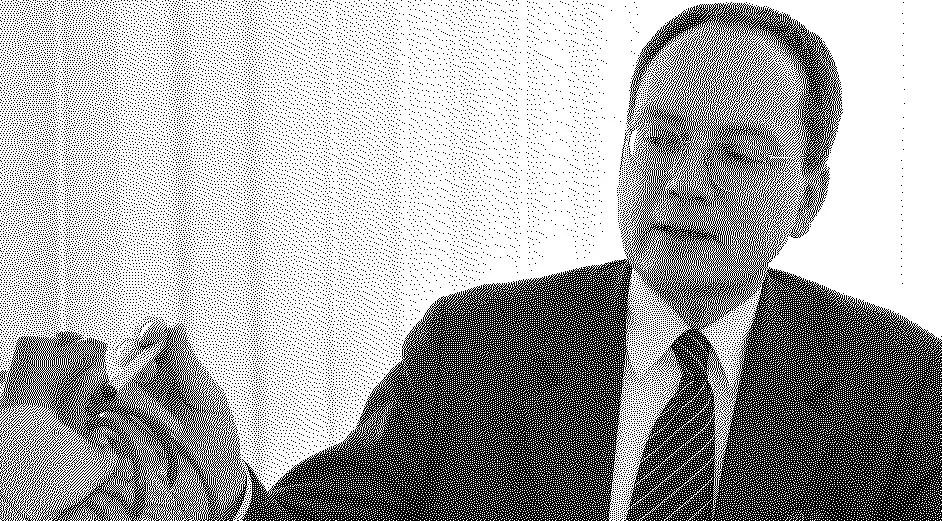
Prof. Dr. Nixdorff – you have dedicated yourself to the field of preventive medicine. What actually is this?
A couple of years ago, I was busy in a huge cardiology department at University Clinic Erlangen, Germany. There, I gained some convincing experience that brought me to my current field of practice, preventive medicine.Firstly, the tools of diagnosis for detecting pre-clinical diseases (at a very early stage, mostly not yet symptomatic) have been, and still are, evolving in an amazing speed.
Secondly, we also know how to react to these pre-clinical findings, so that individuals do not get ill and retain a good prognosis for long life expectancy and low rates of events like heart attacks.
When you combine all these medical possibilites, there really is no justification any more for just waiting for diseases to get bad enough to manifes through symptoms
Prevention means avoiding disease; this is even defined by the WHO as one positive definition of health.
Why is prevention in medicine so important? Does it just mean that the patient has to visit the doctor more often?
It‘s worth noting that 80 - 90% of heart attacks could be prevented through reasonable preventive measures, and that almost all tumours that are discovered at the preclinical stage before they develop symptoms can be definitively cured.Or look at it the other way: if you wait for symptoms to appear (for instance, coughing up blood in lung carcinoma) the disease can only be treated in terms of palliative therapy (reducing pain, extending life expectancy just marginally).
Prevention represents nothing less than a paradigm shift in medicine, since it is medicine for the healthy. Of course, you are right to an extent, since adhering to the conditions for getting these health benefits means seeing the doctor more often.
However, if you wait for the disease to develop further, you will end up seeing the doctor much more in the end.
In your European Prevention Center (EPC) in Düsseldorf and Berlin, what can you do in terms of prevention? Are there certain diseases you focus on?
We not only use state-of-the-art diagnostic techniques, we have developed algorithms (that means clinical pathways or workflows) that are defined to take into account the results of all the single examinations.It‘s about more than performing screening by just using all available methods. Others, who do it like that, are not only less effective, but lack professional responsibility to some extent.
That is the definition of professional preventive medicine, it´s not just a "bystander" of the usual curative medicine we‘re used to. We focus particularly on cardiovascular disease, not only because I am a cardiologist, but because most people die of a heart attack from epidemiology.
However, an individual patient who visits the EPC is looked after in a holistic way, which implies we look at everything including psychomental aspects that are often a reaction to work/life imbalance.
„ Beyond the universal advice to stop smoking, it is about recommending and motivating people to adopt healthier lifestyles in three areas: fitness, nutrition and emotional balance, which is a positive approach.Prof. Nixdorff
Is there anything people can do in their daily life to prevent disease? What personal advice can you give?
It‘s true that our modern lifestyles are often not compatible with our genes, and what we are built for anatomically and physiologically.The majority of diseases are driven by unhealthy lifestyle habits. Lifestyle counselling is a major and integral part of our check-up programs.
Our task is more than just excluding diseases, which is a negative perspective. Beyond the universal advice to stop smoking, it is about recommending and motivating people to adopt healthier lifestyles in three areas: fitness, nutrition and emotional balance, which is a positive approach.
Based on the process of diagnosis mentioned above, this counselling is most effective when it is individualised, and defines our professionalism.
Is there a certain age when you should come to EPC or similar institutions? Are there guidelines?
Unfortunately, there are no guidelines, because so-called outcome research has not yet been sufficiently carried out.But taking into account the likely parameters, we think that from the age of 35 - 40 years onwards, it‘s already reasonable to suggest a holistic check-up in an institution like ours.
However, it‘s worth nothing that focused prevention starts from birth, with paediatric follow-up examinations, or the gynaecological check-up that is already recommended for women from age 20.





